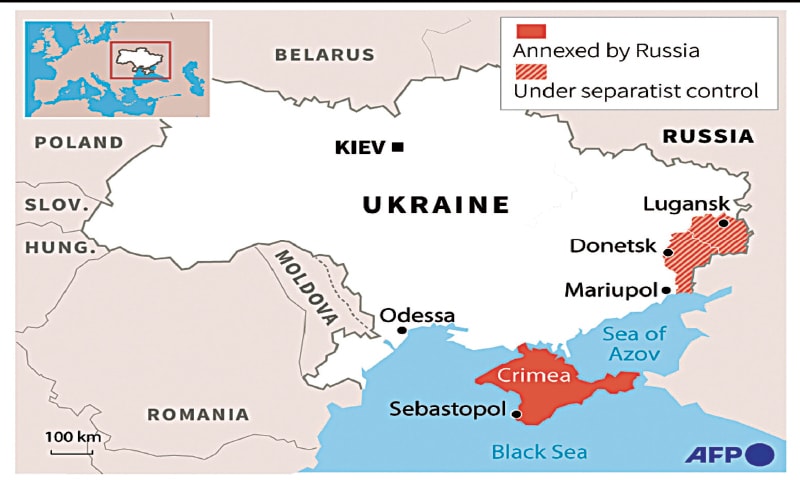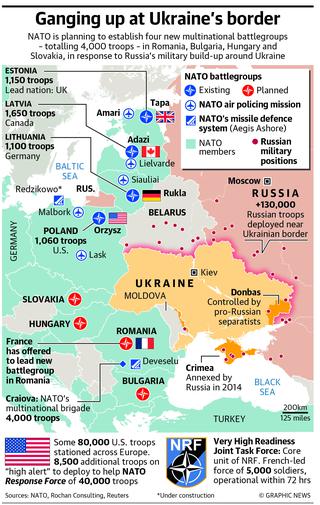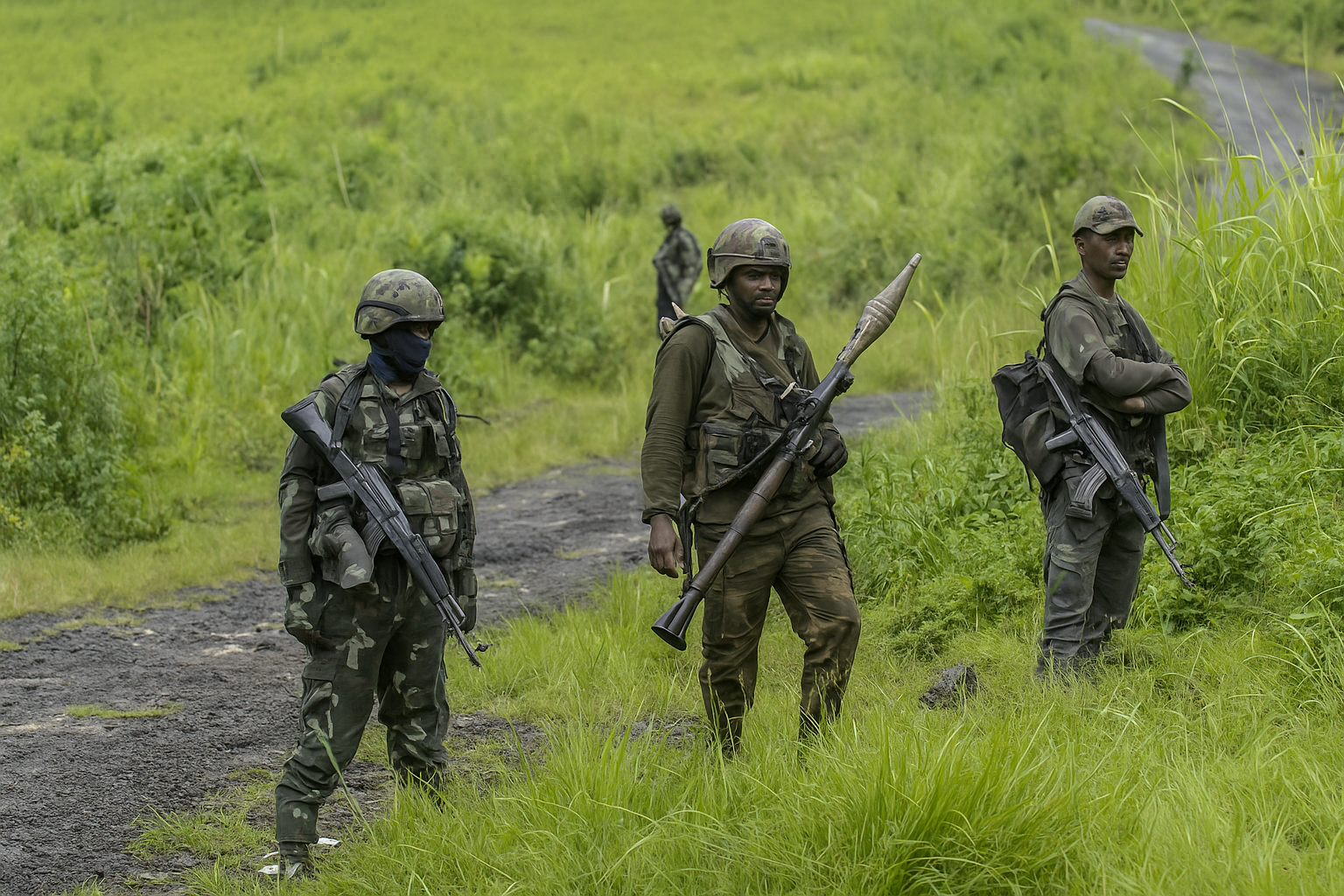




Copyright infringement is not intended
Context: US authorities have warned Russia not to invade Ukraine and urged both countries to return to a set of agreements designed to end a separatist war by Russian speakers in eastern Ukraine.
Background:
What are the roots of the Russia-Ukraine standoff?
What are Minsk Agreements?
MINSK I
MINSK II
|
The latest Russian buildup:
What does Moscow want?
What is the US' role in these tensions?
Recent developments:

How Western governments are responding?
How UN is responding?
India’s stand:
https://indianexpress.com/article/explained/minsk-agreements-ukraine-conflict-7784444/


© 2025 iasgyan. All right reserved